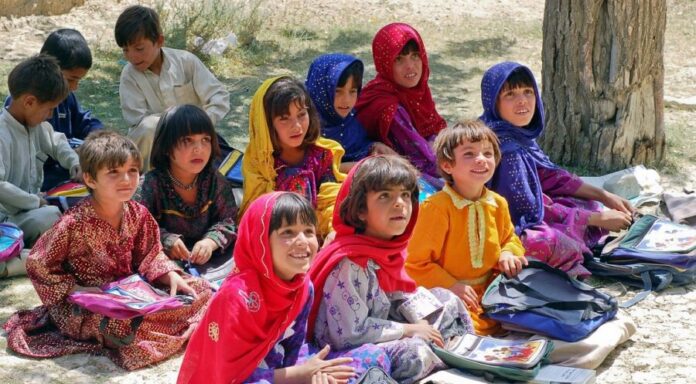The UNHCR, the UN Refugee Agency, has issued a warning that worsening socioeconomic situations, recent and ongoing wars, and a lack of humanitarian resources are raising the danger of gender-based violence for women and girls who have been forcibly displaced, a report says.
According to Filippo Grandi, the UN High Commissioner for Refugees, a deadly concoction of crises—conflicts, the environment, spiraling prices, and the aftershocks of the Ukraine war—are taking a terrible toll on people who have been forcefully displaced. Though this is felt globally, women and girls are particularly affected.
Due to rising costs and insufficient humanitarian aid brought on by broken supply chains and financing shortages, a large number of refugees and internally displaced people are unable to meet their basic necessities.
Given the loss of possessions and means of subsistence, the breakdown of community-based safety nets, and their frequent exclusion from schooling and other forms of state social protection, displaced women and girls are frequently the most vulnerable to shocks. Many women and girls are being forced to make agonizing decisions in order to survive due to food shortages and rising costs.
According to Grandi, many people are skipping meals as a result of their savings being drained, parents are sending their kids to work instead of school, and some people may be forced to beg or engage in the sale or exchange of sex in order to survive. Too many people are at increased risk of being exploited, trafficked, married as children, or experiencing intimate partner violence.
UNHCR has noted major nutrition difficulties among refugee populations in Algeria, Bangladesh, Cameroon, Chad, Ethiopia, Kenya, Sudan, South Sudan, Niger, Tanzania, Uganda, Republic of the Congo, and Zambia. Stunting, anemia, and acute malnutrition are a few of these. Over seventy percent of refugees in eastern and southern Africa have had their food rations reduced and are now unable to meet their basic needs. Nine out of ten Syrian refugees in Lebanon cannot afford basic necessities like food and services, while 1.8 million Syrians living in displacement camps within Syria suffer from extreme food insecurity.
According to data from the UNHCR, half of those who have been forcibly displaced across the Americas only consume two meals per day, and three-quarters have reduced the amount or quality of their food. Yemen and the Sahel are predicted to have significant declines in food security, while millions of people who are internally displaced reside in nations like Somalia and Afghanistan where 90% of the population lacks access to enough food.
As destructive coping mechanisms are used in all communities, there is an alarming, pernicious loop of hunger and insecurity, each of which exacerbates the other and increases hazards to women and girls.



